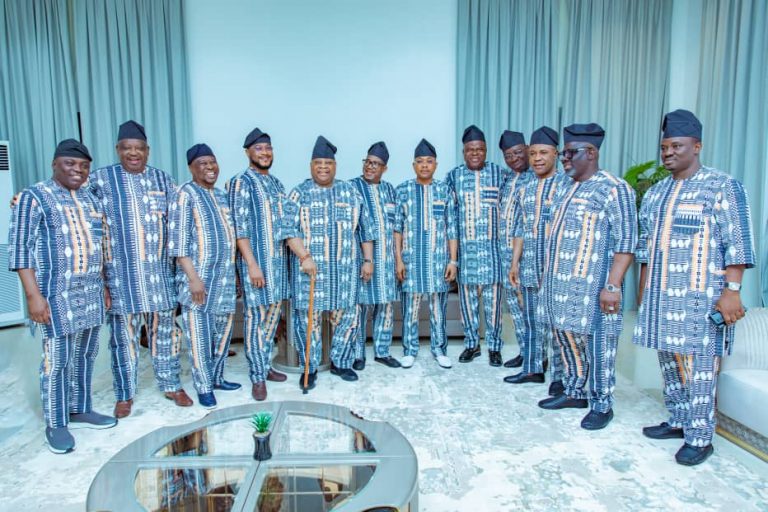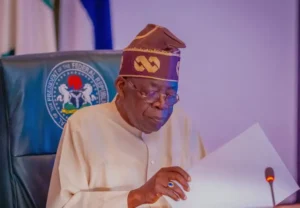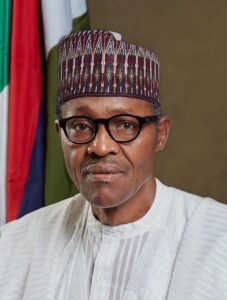
State governments have strongly opposed a bill in the House of Representatives seeking to remove constitutional immunity for governors, deputy governors, and the vice president while retaining it for the president.
The bill, which has passed its second reading, proposes amending Section 308 of the 1999 Constitution to allow these officials to face prosecution while in office. The House presided over by Deputy Speaker Benjamin Kalu, advanced the bill to the Committee on Constitutional Review for further deliberation.
Proponents, including bill sponsor Solomon Bob, argue that removing immunity would enhance accountability and strengthen the fight against corruption. However, state officials and legal experts warn it could lead to politically motivated lawsuits, governance distractions, and administrative instability.
Oyo State Attorney General Abiodun Aikomo cautioned that the removal of immunity could hinder governance and development. “The constitution grants immunity to prevent distractions. Without it, executives could be bogged down by legal battles instead of focusing on governance,” he said.
Ogun State Attorney General Oluwasina Ogungbade (SAN) echoed these concerns, suggesting that lifting immunity could trigger a wave of politically driven corruption allegations aimed at removing officials from office. He also questioned why the bill spares the president while targeting governors and their deputies.
“If immunity is to be removed, it should apply to all elected officials. However, the real issue is our weak criminal justice system. Investigations and prosecutions often stall even after officials leave office, showing that immunity is not the root problem,” Ogungbade stated.
Bill Sponsor Defends Proposal
Bob, representing Ahoada East/Abua/Odual Federal Constituency, argued that the bill would promote a more accountable and disciplined political system.
“With this bill, we aim for a less corrupt, lawless, and reckless society. The idea that we should wait until officials leave office before holding them accountable is flawed. If they know they can face prosecution while in office, they will act more responsibly,” he said.
Bob clarified that the vice president would only enjoy immunity when acting as president. The proposed amendment adds new subsections to Section 308, limiting immunity to official acts and allowing prosecution for criminal conduct.
The bill remains under review, with ongoing debates over its potential impact on governance and accountability in Nigeria.






